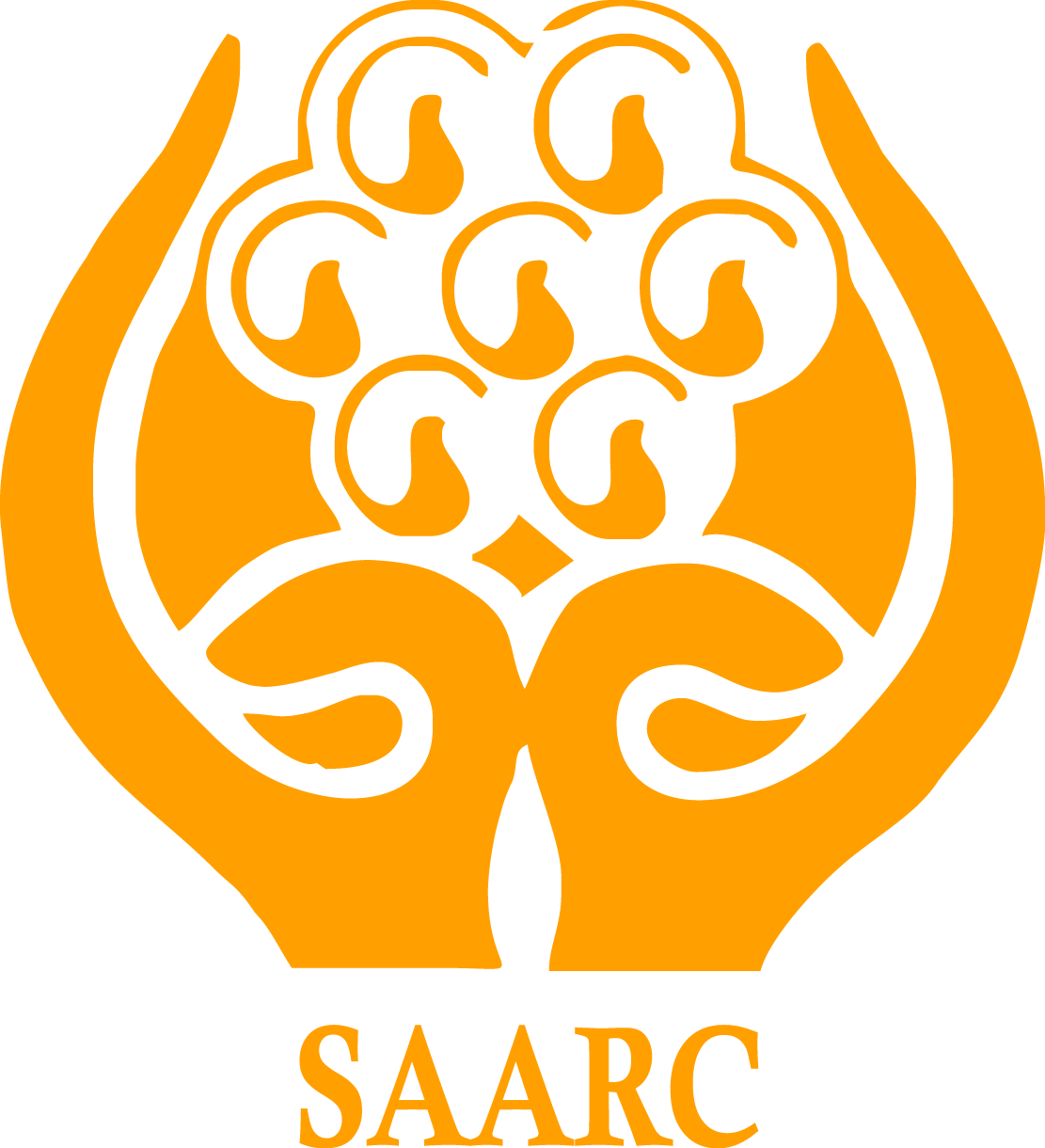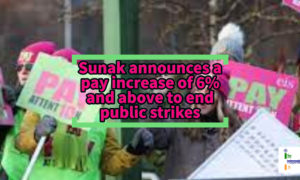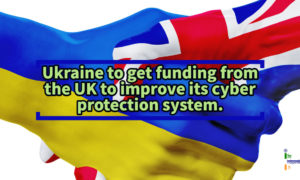
The South Asian Association for Regional Cooperation (SAARC) members, including Pakistan, have responded positively to Prime Minister of India – Narendra Modi’s invitation of a having a joint strategy for tackling the outbreak of novel Coronavirus (COVID-19).
A day before, i.e., Friday, March 13, 2020, Modi reached out to Afghanistan, Bangladesh, Bhutan, the Maldives, Nepal, Pakistan and Sri Lanka to chalk out a strong and comprehensive strategy amidst rising cases of COVID-19.
Taking it to twitter, Modi tweeted, “I would like to propose that the leadership of SAARC nations chalk out a strong strategy to fight Coronavirus. We could discuss, via video conferencing, ways to keep our citizens healthy. Together, we can set an example to the world, and contribute to a healthier planet.”
I would like to propose that the leadership of SAARC nations chalk out a strong strategy to fight Coronavirus.
— Narendra Modi (@narendramodi) March 13, 2020
We could discuss, via video conferencing, ways to keep our citizens healthy.
Together, we can set an example to the world, and contribute to a healthier planet.
He also tweeted, “Our planet is battling the COVID-19 Novel Coronavirus. At various levels, governments and people are trying their best to combat it. South Asia, which is home to a significant number of the global population should leave no stone unturned to ensure our people are healthy.”
Our planet is battling the COVID-19 Novel Coronavirus. At various levels, governments and people are trying their best to combat it.
— Narendra Modi (@narendramodi) March 13, 2020
South Asia, which is home to a significant number of the global population should leave no stone unturned to ensure our people are healthy.
Modi’s suggestion was backed by all member states of SAARC. All the leaders of the grouping welcomed the Prime Minister’s proposal.
The Spokesperson for Ministry of Foreign Affairs, Pakistan – Aisha Farooqi tweeted, “The threat of #COVID-19 requires coordinated efforts at global and regional level. We have communicated that SAPM on Health will be available to participate in the video conference of #SAARC member countries on the issue.”
The President of Sri Lanka – Gotabaya Rajapaksa replied to Modi’s tweet by saying, “Thank you for the great initiative Shri @narendramodi – #LKA is ready to join the discussion & share our learnings & best practices and to learn from other #SAARC members. Let’s unite in solidarity during these trying times and keep our citizens safe.”
Thank you for the great initiative Shri @narendramodi – #LKA is ready to join the discussion & share our learnings & best practices and to learn from other #SAARC members. Let’s unite in solidarity during these trying times and keep our citizens safe. https://t.co/fAiT5w3O8D
— Gotabaya Rajapaksa (@GotabayaR) March 13, 2020
The Prime Minister of Bhutan – Lotay Tshering tweeted, “This is what we call leadership. As members of this region, we must come together in such times. Smaller economies are hit harder, so we must coordinate. With your leadership, I have no doubt we will see immediate and impactful outcome. Looking forward to the video conference.”
This is what we call leadership. As members of this region, we must come together in such times. Smaller economies are hit harder, so we must coordinate. With your leadership, I have no doubt we will see immediate and impactful outcome. Looking forward to the video conference. https://t.co/2RnokAJQOs
— PM Bhutan (@PMBhutan) March 13, 2020
Thanking Modi, the President of Maldives – Ibrahim Mohamed Solih tweeted, “Thank you PM
@narendramodi for taking the initiative on this important endeavor. Covid 19 requires collective effort to defeat it. Maldives welcomes this proposal and would fully support such a regional effort.”
Thank you PM @narendramodi for taking the initiative on this important endeavor. Covid 19 requires collective effort to defeat it. Maldives welcomes this proposal and would fully support such a regional effort. https://t.co/2fxQxe9w1h
— Ibrahim Mohamed Solih (@ibusolih) March 13, 2020
The Minister of State for Foreign Affairs, Bangladesh – Md. Shahriar Alam tweeted, “HPM Sheikh Hasina welcomes the proposal and look forward to a constructive dialogue with @narendramodi@ibusolih @PM_Nepal @PMBhutan @GotabayaR n others HOSs/HOGs who already consented to discuss way forward at this testing time for the region and the world.”
HPM Sheikh Hasina welcomes the proposal and look forward to a constructive dialogue with @narendramodi @ibusolih @PM_Nepal @PMBhutan @GotabayaR n others HOSs/HOGs who already consented to discuss way forward at this testing time for the region and the world. https://t.co/62Jl506UsI
— Md. Shahriar Alam (@MdShahriarAlam) March 13, 2020
The Government of India has decided to treat COVID-19 as a notified disaster for the purpose of providing assistance under the State Disaster Response Fund (SDRF). The SDRF constituted under Section 48 (1) (a) of the Disaster Management Act, 2005, is the primary fund available with State Governments for responses to notified disasters. The annual Central contribution is released in two equal installments as per the recommendation of the Finance Commission. SDRF shall be used only for meeting the expenditure for providing immediate relief to the victims.
It is to be noted that India has reported more than 83 cases of COVID-19. Of this, 66 are Indians and 17 are Italians. Out of 66, 19 are from Kerala, 14 from Maharashtra, 11 from Uttar Pradesh (U.P.), 7 from Delhi, 6 from Karnataka, 3 from Union Territory of Ladakh and 1 each from Rajasthan, Telangana, Tamil Nadu, Union Territory of Jammu & Kashmir, Punjab and Andhra Pradesh.
The Chief Minister of Delhi – Arvind Kejriwal has already announced to shut the places of mass gatherings such as gyms, malls, multiplexes, swimming pools, etc. A similar restriction has been imposed by the Chief Minister of Maharashtra – Uddhav Thackrey. West Bengal has also said it is closing all schools and colleges till March 31, 2020. Punjab too declared to close all schools, cinema halls and restaurants. As of now, more than 11,71,061 people have been screened at airports in India.







